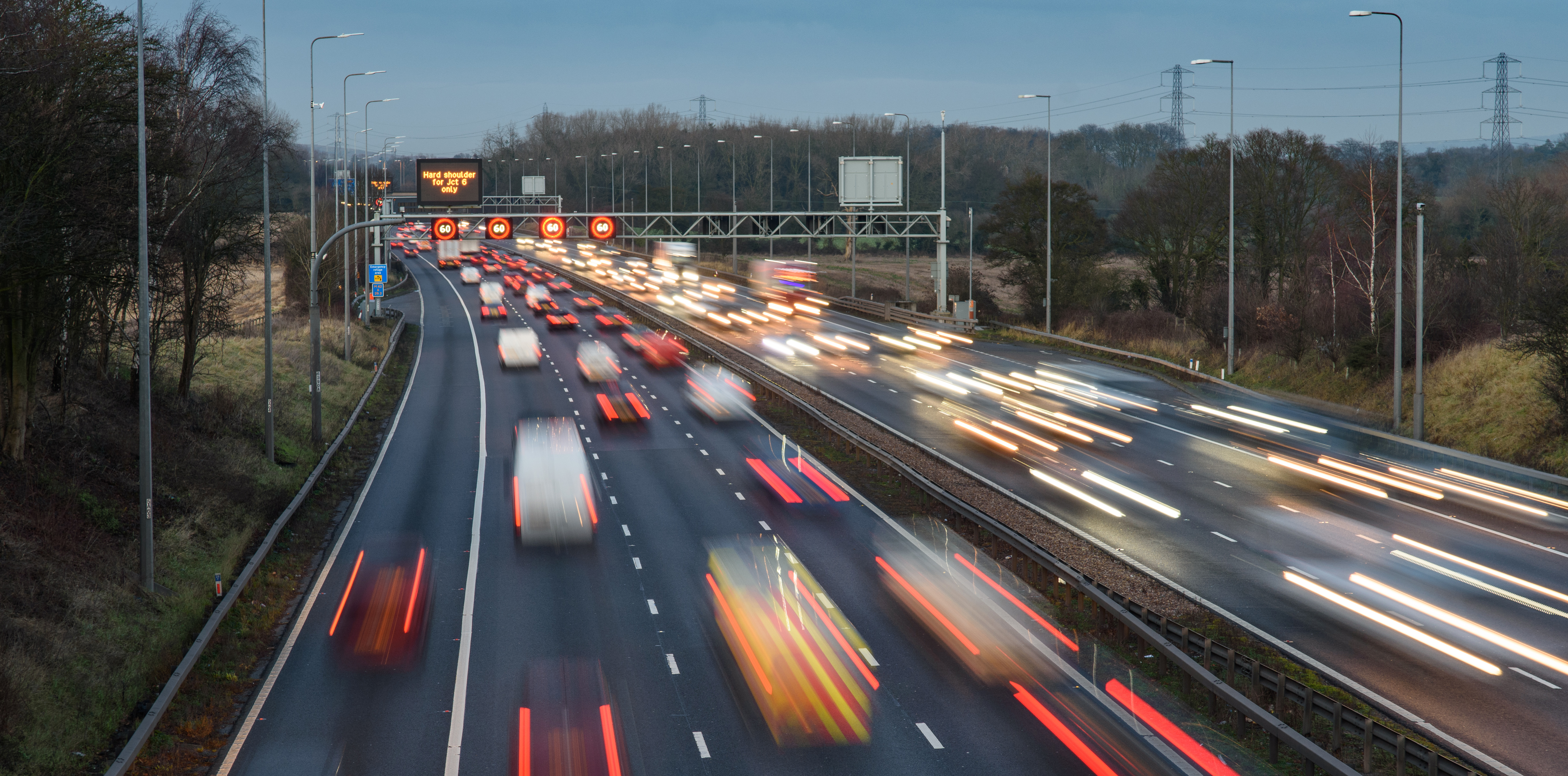New Teslas clocking up most mileage
The newest cars in Great Britain do an average of 10,377 miles in each of the first three years after they are registered.
That’s the equivalent of 28 miles per day.
However, there are big differences between cars of varying make, model and fuel type.
The analysis by the RAC Foundation – which predates the steep falls in road traffic seen as a consequence of Covid-19 – was based on the MOT data for 516,936 vehicles.
Private cars are required to start having annual MOTs once they are three years old. At that point the mileage is recorded by the test venue and it is that information this research uses.
The results show that new diesel cars cover an average of 12,496 miles in each of their first three years.
This is 67% more than new petrol cars which only do an average of 7,490 miles per year.
Pure battery electric cars are driven an average of 9,435 miles per year. Looking at a selection of individual electric models:
| Make and model | Average annual mileage in each of the first three years | Number of cars in sample |
| Tesla Model S | 12,392 | 846 |
| Nissan Leaf | 8,241 | 1,026 |
| Renault Zoe | 5,736 | 394 |
A Mitsubishi Outlander plug-in hybrid – the most common vehicle of its type on the road – averages 12,500 miles per year.
When it comes to conventionally fuelled cars there are big differences between petrol and diesel versions of the same model. For example:
| Make and model | Petrol
Average annual mileage in each of the first three years |
Diesel
Average annual mileage in each of the first three years |
Percentage difference between diesel and petrol mileage |
| Skoda Octavia | 9,230 | 14,986 | +62% |
| Ford Focus | 8,313 | 12,650 | +52% |
| Vauxhall Astra | 8,640 | 12,929 | +50% |
| Audi A3 | 8,670 | 12,208 | +41% |
| Nissan Qashqai | 7,690 | 10,587 | +38% |
| Mercedes C class | 8,349 | 11,124 | +33% |
When it comes to selected manufacturers:
| Make | Average annual mileage in each of the first three years | Number of cars in sample |
| TESLA | 12,459 | 887 |
| MERCEDES-BENZ | 12,100 | 43,193 |
| VOLVO | 11,578 | 6,135 |
| FORD | 11,488 | 69,650 |
| MITSUBISHI | 11,456 | 4,973 |
| VOLKSWAGEN | 11,282 | 42,010 |
| CITROEN | 11,272 | 16,120 |
| RENAULT | 10,924 | 21,066 |
| BMW | 10,859 | 29,365 |
| LAND ROVER | 10,716 | 18,456 |
| AUDI | 10,639 | 31,511 |
| PEUGEOT | 10,608 | 20,605 |
| SKODA | 10,569 | 11,119 |
| JAGUAR | 10,474 | 6,743 |
| VAUXHALL | 10,218 | 43,381 |
| SEAT | 9,854 | 7,877 |
| LEXUS | 9,645 | 2,150 |
| NISSAN | 9,360 | 29,836 |
| INFINITI | 9,265 | 679 |
| JEEP | 9,209 | 3,101 |
| SSANGYONG | 9,199 | 844 |
| MAZDA | 9,142 | 6,847 |
| SUBARU | 9,075 | 544 |
| KIA | 8,958 | 16,355 |
| HYUNDAI | 8,888 | 12,041 |
| ALFA ROMEO | 8,699 | 888 |
| DACIA | 8,642 | 4,229 |
| DS | 8,493 | 2,961 |
| MASERATI | 8,451 | 429 |
| HONDA | 8,215 | 6,815 |
| TOYOTA | 8,179 | 14,277 |
| MINI | 8,087 | 10,668 |
| PORSCHE | 7,786 | 2,713 |
| FIAT | 7,710 | 15,476 |
| SUZUKI | 7,604 | 5,450 |
| MG | 7,445 | 760 |
| SMART (MCC) | 6,392 | 3,339 |
| ABARTH | 6,277 | 832 |
| BENTLEY | 5,464 | 517 |
| ROLLS ROYCE | 3,889 | 141 |
| LOTUS | 3,739 | 85 |
| ASTON MARTIN | 3,280 | 294 |
| MCLAREN | 3,012 | 167 |
| LAMBORGHINI | 2,459 | 139 |
| MORGAN | 2,441 | 71 |
| FERRARI | 1,883 | 265 |
| CATERHAM | 1,544 | 63 |
Steve Gooding, director of the RAC Foundation, said:
“Unsurprisingly people with diesels have been doing most mileage, probably seeking better long-distance fuel economy, but this study is also evidence that battery-electric powered cars are not just trophy vehicles signalling their owners’ green credentials but prior to the lockdown were racking up the miles as everyday transport.
“Tens of millions of people still drive petrol and diesel-powered cars, but this data suggests that owners of electric cars have found them to be a practical proposition, running up the sort of big annual mileages that many of us need to do, challenging preconceptions about their range and the ease of re-charging.
“The next big question is what will happen when the Covid-19 lockdown ends? Some say our travel behaviour might change quite dramatically as we’ve mastered on-line meetings in place of the office routine, but any ongoing desire for social-distancing might yet draw us back to our own cars for the trips we make once the travel restrictions are lifted.”
ENDS
Contact:
Philip Gomm – Head of External Communications – RAC Foundation
[email protected] | 020 7747 3445 | 07711 776448 | 020 7389 0601 (ISDN)
Notes to editors:
The RAC Foundation is a transport policy and research organisation that explores the economic, mobility, safety and environmental issues relating to roads and their users.
The Foundation publishes independent and authoritative research with which it promotes informed debate and advocates policy in the interest of the responsible motorist. All the Foundation’s work is available at: www.racfoundation.org
Table of new car mileage by make and model:
https://www.racfoundation.org/wp-content/uploads/New_car_miles_by_make_and_model_April_2020.pdf
Table of new car mileage by make, model and fuel type:



